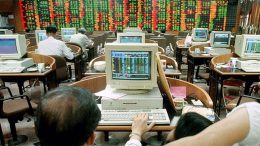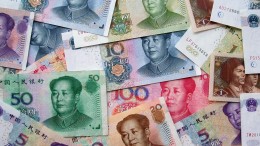The New Silicon Valley: Asian Markets
Frank Schwarz (MainFirst ) | Any investor approaching the subject of ETFs cannot ignore the MSCI World index. It is not only because of its high profile that this index makes its way into many portfolios seeking broad diversification. But how much diversification does the MSCI World really offer? Presented as a globally distributed investment with some 1,600 companies, around 65% of its weight is accounted for by the US,…










